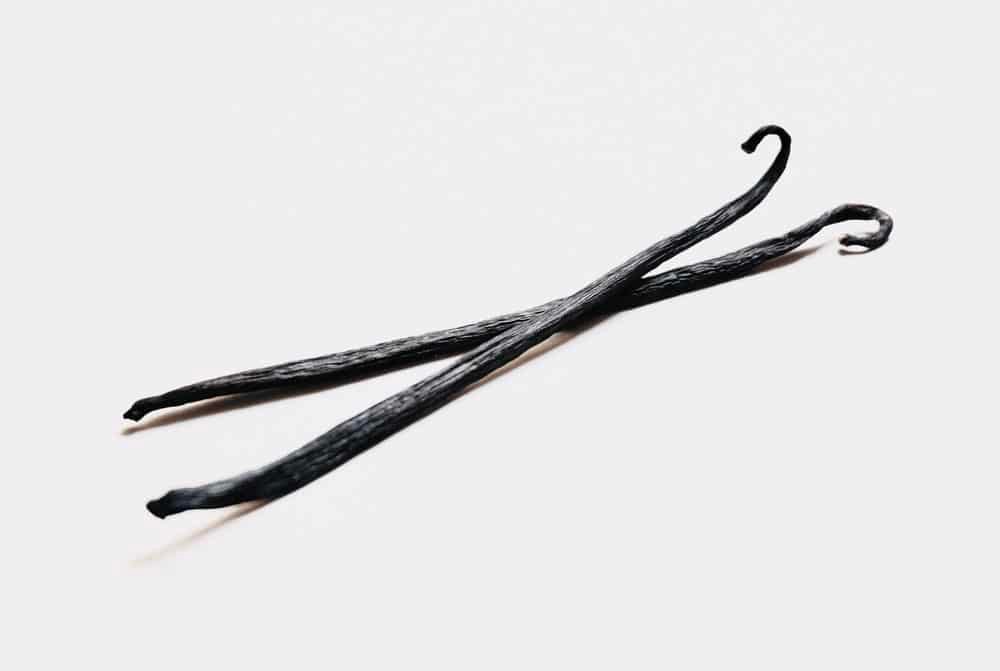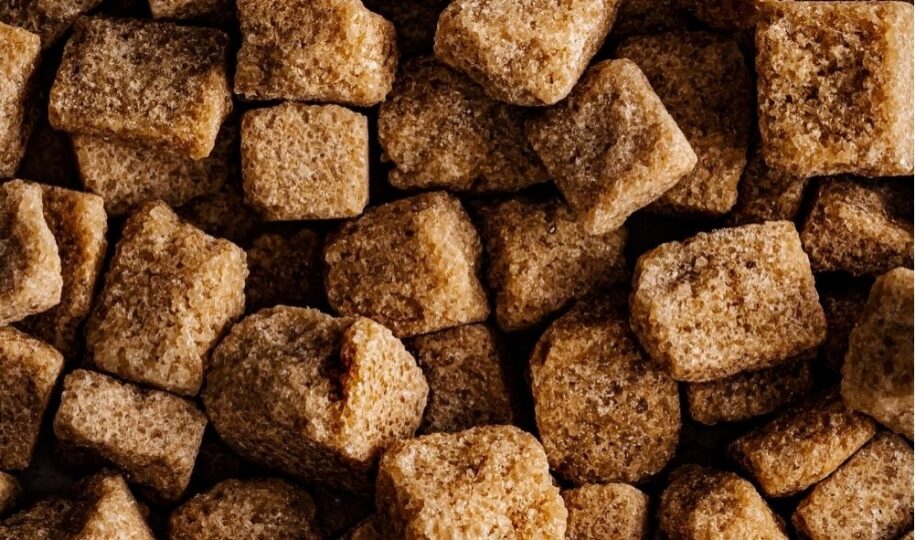You have just finished baking your favorite cake and are wondering if you should share it with your furry buddy. You may have heard that vanilla is a safe flavor to give to dogs, but is it really true? Can dogs eat vanilla without any problems?
The Origins of Vanilla
Vanilla is a flavoring that is extracted from orchids that belong to the genus Vanilla. The plants are usually of Mexican species, and are commonly known as flat-leaved vanilla. It is among the most expensive spices because the growing process is quite intensive. Even with the high costs, vanilla is still highly regarded for its amazing flavor. As a result, vanilla is abundantly common in both commercial and home baking, manufacturing of perfumes, and even for aromatherapy.
The main species harvested for vanilla production are V. planifolia and V. Tahitensis. Although quite different in appearance, they both produce similar flavoring. Vanilla planifolia is a native of Mexico and was first cultivated by the Aztecs. It is now widely grown in Madagascar, Comoros, Réunion, Indonesia, Uganda, India, Tahiti, and Papua New Guinea. Tahitian vanilla (V. Tahitensis) is a variety that is naturally adapted to grow in hot climates such as Tahiti. It was first planted on the island by Frenchmen in the 19th century.
The process of extracting vanilla from the seed pods is extremely labor-intensive. After the pods are harvested, they must be cured to develop their flavor. The curing process can take up to six months and involves careful drying and sweating of the pods. Once the pods are cured, they are then sorted and graded. The best-quality vanilla beans will be sent to market, while lower-quality beans will be used for extract or other commercial purposes.
Once the vanilla beans are sorted and graded, they can be sold whole, or they can be processed to extract the vanillin. Vanillin is the primary flavor compound in vanilla and is what gives vanilla its characteristic flavor. Vanilla extract is made by soaking vanilla beans in alcohol to dissolve the vanillin. Vanilla Bean Paste is a more concentrated form of vanilla extract, containing both the seeds and pulp of the vanilla bean. Vanilla powder is made from ground-up dried vanilla beans and can be used as a flavoring or to make homemade extracts.
No matter what form it takes, vanilla is a complex and delicious flavor that is prized the world over. It’s no wonder that it’s the second most expensive spice after saffron!
Can Dogs Eat Vanilla?
Yes, dogs can eat vanilla. However, it is important to note that vanilla is a potentially toxic substance for dogs. When consumed in large quantities, vanilla can cause vomiting and diarrhea in dogs. In severe cases, it may even lead to liver damage. Therefore, it is important to use vanilla sparingly when feeding it to your dog. When used in moderation, however, vanilla can be a safe and delicious treat for your furry friend.
Harmful Effects Of Vanilla On Dogs
Vanilla extract contains alcohol and is therefore not recommended for dogs. A dog’s digestive system is not capable of breaking down alcohol. If your dog consumes too much alcohol, it can lead to alcohol poisoning.
Dogs are susceptible to alcohol toxicity just like humans. Alcohol consumption can lead to a number of health problems in dogs, including liver disease, kidney disease, and digestive problems. In severe cases, alcohol toxicity can even be fatal.
The symptoms of alcohol toxicity in dogs depend on how much alcohol they have consumed. Mild symptoms include vomiting, diarrhea, drooling, and loss of coordination. More severe symptoms include seizures, coma, and death. If you think your dog has consumed alcohol, it is important to take them to the vet immediately.
Therefore, it is important to use vanilla sparingly when feeding it to your dog. When used in moderation, however, vanilla can be a safe and delicious treat for your furry friend.
Alternatives To Vanilla Extract
There are some variants of vanilla that use vegetable glycerin or other sweeteners that are not as toxic to dogs. If you want to make sure your dog can enjoy the flavor of vanilla without any risk, consider using one of these substitutes in your baking recipes.
Vanilla Powder
Vanilla powder is made from grinding dried vanilla beans. It doesn’t have any alcohol in it, so it’s a safer option for dogs. You can use it in the same way as using the vanilla extract- just add a little bit to your recipe to enhance the flavor.
Vanilla Bean Paste
The paste is similar to vanilla extract, but it contains bits of vanilla bean in it. This gives it a more intense flavor than extract, so you won’t need to use it as much. Like extract, it does contain alcohol, but the amount is very small and is not likely to cause any problems for your dog.

Vanilla Flavored Syrup
The vanilla-flavored syrup is a great way to add vanilla flavor to your recipes without using extract. It’s made with sugar and water, so it doesn’t have any alcohol in it. You can find it in the coffee aisle at most supermarkets.
Alcohol-free vanilla extract
If you can’t find any of the above substitutes, you can always buy alcohol-free vanilla extract. This is an extract that has had the alcohol removed, so it’s safe for dogs. You can find it online or at some health food stores.
Our Final Thoughts
So, can dogs eat vanilla? The answer is yes, but it’s important to use vanilla sparingly and only in moderation. Vanilla can be toxic to dogs in large quantities, and the alcohol it contains can make them sick.
With that said, who doesn’t love a delicious piece of cake or cookies with a bit of vanilla flavor? Your dog will surely enjoy these treats as long as you make them using one of the safe substitutes.
The substitutes that you can use in your baking recipes don’t contain alcohol and will still give your dog the flavor of vanilla they love. Whether you decide to use powder, paste, or syrup, there’s an option out there for you that will keep your pup safe.

















